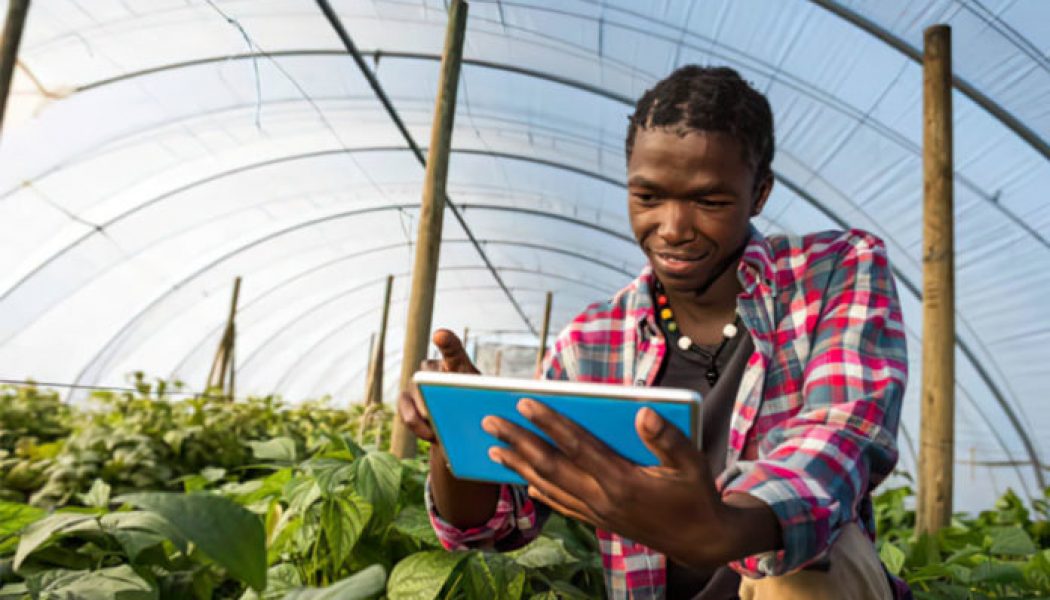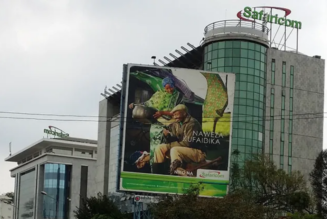Africa should be in a great position to feed itself and play a significant role in feeding about nine billion people by 2050. For this to be realised, however, significant reforms have to be made to leverage the current standing optimally.
The World Economic Forum reports that the African continent has 65% of the uncultivated arable land left in the world and creates about 60% of the continent’s employment. Africa boasts a wide diversity of agro-ecological zones, heavy rain-forest vegetation with bi-annual rainfall to relatively sparse, dry and arid vegetation with low uni-modal rainfall is positioned to be a World’s supplier of Agricultural produce.
With these factors at play, it is difficult to find that Africa is still stuck with the burden of being a net food-importing region, spending $35 billion annually, according to the African Development Bank. It is a great concern that major parts of the continent’s populations still live in rural areas under extreme poverty conditions.
It goes without saying that the fundamentals need to be in place and an understanding that the differences in the agro-ecological zones imply diversity and that there are no universal solutions to agricultural development problems across the continent. However, universally, massive developments of subsistence farmers, addressing the land ownership issues across the continent, developing skills as well as enabling access to funding and markets are seemingly consistent across the board.
/* custom css */
.tdi_3_e82.td-a-rec-img{ text-align: left; }.tdi_3_e82.td-a-rec-img img{ margin: 0 auto 0 0; }
Beyond this AgriTech, driven by technologies such as drought management, crop protection and yield enhancement, can also contribute substantially to employment and wealth creation as well as to the improvement of health and nutrition on the continent. Modern Agriculture can also attract the youth into the industry ensuring the sustainability of food supply.
Africa can do it and can learn from strides made by countries like India. In the 60s and early 70s, India was a food importer. It took three years for India to be a gigantic food supplier to the world by simply a strong political will and driving transformative reforms.
Africa then needs to avoid importing goods. This is not a taboo approach, but a policy that was once adopted by the Latin American countries when they were also developing. Not only Latin American countries, but South Africa during the apartheid day’s in particular when it faced boycotts from the international economy had to consider import substitution and developed the capacity to manufacture certain goods and products domestically.
When goods and products, for instance, are imported, more employment opportunities are created from the countries where the goods and products are manufactured and this comes at the expense of your own people because they are not involved in the production work.
Technology is key in helping to drive growth in the industry and development of rural infrastructure is a key enabler to catalysing the industry to new levels. Africa has been challenged by driving rural connectivity due to the scale of the investments required for minimal returns.
However, the traditional commercial models need to be reviewed as well as the participation of the private sector encouraged. The rapid pace of growth in the use of drones, automated tractors, artificial intelligence, robotics and blockchains, albeit sporadic, are transforming agriculture. Smart farming and technological innovations are boosting productivity, but more education, connectivity and funding are required.
In South Africa, for example, there’s a National Broadband Project called SA Connect which is currently underway with an objective of connecting rural schools and hospitals. Agriculture, as a result, has an opportunity to benefit from the massive infrastructure development.
Additional to it are moves being made to avail the much-needed spectrum for cost-effective deployment of connectivity in the rural communities. The bold moves made by South Africa in the recent publication at the Sustainable Infrastructure Development Symposium South Africa (SIDSSA), which commit to investments in infrastructure for Agriculture and Agro-processing for about $1,64bn is a strategic move which recognises the importance of the Industry in driving growth. Additionally, the Government’s focus on recapitalising the Land Bank is a good move which will encourage growth and funding of the industry.
It is also important to recognise the strides that have been made in country reforms which have paid off and should be a blueprint of what success looks like. To mention a few, Ethiopia and Rwanda’s rapid and material reductions in the level of malnutrition is worth recognition. Ethiopia has been pursuing agricultural led industrialization (ADLI) strategy in the past two decades believing that investing in agriculture and increase in land yields to be preconditions for successful industrialization, urbanization and development.
Agriculture in Ethiopia accounts for 36.3% of the GDP and continues to contribute meaningfully to the economy. In Rwanda, the Government has targeted agriculture as the main engine of economic growth, implementing transformational policies that foster increased agricultural productivity since independence. The results are tangible and impactful in the fight against poverty.
Further up in the North West of Africa, Senegal has made some commendable strides in the transformation of the rice sector, by successfully integrating mechanical tools and technologies into the rice value chain in the Senegal River Valley. 46% of the Senegalese population is employed in the agriculture sector, albeit still a lower contribution to GDP.
Tunisia’s transformation over the past five years into the foremost global exporter of olive oil accounting for around 40% of the world’s organic olive oil production. Tunisia’s agricultural sector won the Special Prize of the Best Performance for 2020 in the 33rd African Union Summit held on February 9-10 2020 in Addis-Ababa, Ethiopia. The prize is awarded to countries which have been able to implement the Malabo Declaration on the Accelerated Agricultural Growth and Transformation for Shared Prosperity and Improved Livelihoods in Africa.
All these strides were achieved through the integration of technology in the value chains. It goes without saying that technological innovations in Agriculture are crucial for developing productivity and scale, while at the same time optimising yield and reducing waste.
Edited by Luis Monzon
Follow Luis Monzon on Twitter
Follow IT News Africa on Twitter










